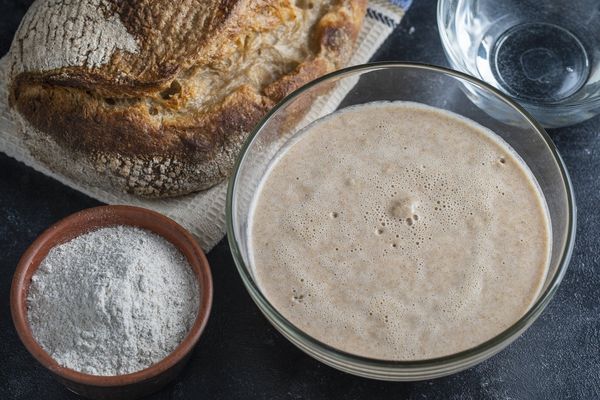With a new year comes an opportunity to do things differently and better than before. There's always room for improvement, right? And another year gives us a chance to play some Monday morning quarterbacking, but instead of doing it with criticism and second-guesses, we can do it with knowledge and optimism.
Ready for a health reboot? Here's how to take some small steps that yield big results so that 2018 can be your healthiest year ever.
- Practice mindfulness. It can change areas of your brain so that your attention span increases over time and can increase the brain's gray matter, which helps you change your reaction to stress. It can also help decrease inflammation in your body and boost your immune system.
- Add fermented foods to your diet.Probiotics are good for the gut. Aside from yogurt to give you a dose of good bacteria, try things like kimchi, kefir and kombucha tea.
- Get all your tests and procedures. You may already be getting your annual gynecologic and/or wellness checkup, but make sure you also get an annual skin cancer screening, and visit your dentist for a thorough cleaning and checkup. Also make sure you're up to date on breast cancer and colon cancer screenings.
- Don't scrimp on sleep. Shoot for a good, solid seven to nine hours each night. Sleep is critical for proper immune function, metabolism, memory, learning and more. Click here for secrets of good sleepers.
- Get enough exercise. Current guidelines call for at least 150 minutes a week of moderate-intensity or 75 minutes a week of vigorous intensity aerobic activity.
- Sit less and stand more. Get up and walk around every 30 minutes. It's not only good for your body, but can boost your focus, too.
- Step on the scale. Do a reality check and see where your weight is.
- Cook a batch of grains or beans. Pick one day and make enough for the whole week. Things like quinoa, brown rice and farro can find a healthy home in veggie bowls, breakfast cereals, side dishes and more.
- Watch portion sizes. Our eyes can fool us into thinking we need more food than we actually do. Swap your large dinner plate for a smaller one; when eating out, share your main course or order an appetizer portion for your main meal.
- Turn to roasting. It can take the place of frying, for fewer calories, and still turn out flavorful, crispy foods.
- Choose non-processed snacks. Trade in those store-bought cookies for homemade treats, or fruits, veggies or nuts. You'll not only save calories, but save on salt, sugar, artificial dyes, preservatives and more.
- Choose whole grains. They're packed with fiber, phytochemicals, vitamins and minerals. Learn more about how to eat more whole grains.
- Trade in soda for seltzer. Even if you drink the diet kind, it's better to avoid soda altogether. Flavor your seltzer with lemon or lime or float some fresh cucumber or strawberries in it.
- Drink coffee.Three to four cups a day has multiple health benefits, and consumption is linked to a longer lifespan. Learn more about coffee's health perks.
- Eat dark chocolate. It's a powerful source of antioxidants and may help lower blood pressure, raise your good cholesterol and lower the risk of cardiovascular disease. That's not license to go overboard—remember, it still has calories.
- Smile.Not as in grin and bear it—but as in really smiling. It can help your heart, especially during periods of stress.
- Chew slowly. It'll help your digestion, help slow your eating so you eat less and give your stomach more time to signal your brain that it's full.
- Add resistance exercise. Keep your muscles and bones strong with at least two days a week of moderate or high-intensity muscle-strengthening activities that include all major muscle groups.







